There’s nothing worse than walking into your babies’ room bright and early in the morning, and being hit in the face with a smell so pungent, so foul, that it makes your eye’s water.
Ammonia.
In the cloth diapering community, it’s spoken about often, but there’s a lot of mis-information floating around about it’s true nature.
One of the biggest mysteries is why the overnight diapers are the worst. Your diaper stash can be perfectly pleasant from 8-8pm, but come nighttime, things start to get kinda hairy. Why do night time diapers get a bad rap?
Understanding Urea
To get to the heart of the matter, we need to learn a little bit around a substance called Urea. Urea is the main component of urine and is the root source of all the stink.
Urea is synthesized in the body of many organisms as part of the urea cycle, either from the oxidation of amino acids or from ammonia. In this cycle, amino groups donated by ammonia and L-aspartate are converted to urea, while L-ornithine, citrulline, L-argininosuccinate, and L-arginine act as intermediates.
Ammonia (NH3) is a common byproduct of the metabolism of nitrogenous compounds. Ammonia is smaller, more volatile and more mobile than urea. If allowed to accumulate, ammonia would raise the pH in cells to toxic levels. Therefore many organisms convert ammonia to urea, even though this synthesis has a net energy cost. Being practically neutral and highly soluble in water, urea is a safe vehicle for the body to transport and excrete excess nitrogen.
In water, the amine groups undergo slow displacement by water molecules, producing ammonia and carbonate anion. For this reason, old, stale urine has a stronger odor than fresh urine.
In English….
Ammonia and urea are very close cousins…siblings even. With a similar chemical composition, they can share and trade molecules pretty freely. They can turn from Dr. Jekyll to Mr. Hyde in a matter of hours.
In normal concentrations, like if you drink plenty of water, and urinate often, the urea doesn’t have much time to convert back to ammonia and is pretty diluted. But if left sitting around, exposed to air and moisture, it can quickly change its tune and turn into ammonia.
What makes it even worse, is one molecule of urea can turn into 2 molecules of ammonia. Which means that things can get potent quickly!
So how do you solve the night time stink?
You can’t beat mother nature. If urea sits around for too long it’s going to start to stink. But there are a few ways that you can keep the smell to a minimum.
Step 1: Check your wash routine, and check it again. Rinsing thoroughly before and after your wash cycle to ensure that everything is rinsed out will go a long way to keeping the stink at bay. Then you only have to deal with 12 hour old pee, instead of 24 or 36 hour.
Pay close attention to thick diapers and inserts. The more they absorb, the harder they are to rinse.
Synthetics can also play a bit of a trick on you. Microfiber is actually hollow and can hold and trap moisture inside the crevices which takes quite a bit of agitation and water to get back out!
Tip: Do your rinses on warm instead of cold. This will actually open up the pores of the fabric more and allow more water to be extracted in your spin cycles. Which means less urea or water is left behind!
Step 2: Rinse your diapers before putting them in the pail. Invest in a good diaper sprayer or perfect the dunk and swish to get the majority of the urea out of your diapers before putting them in the pail. This will make for a much more pleasant diaper pail the next day.
Step 3: Try funk rock. Add a little Rockin' Green Funk Rock Ammonia Bouncer to your pre-wash to combat the ammonia at the source.
Sources
Sakami W, Harrington H (1963). “Amino acid metabolism,” Annual Review of Biochemistry
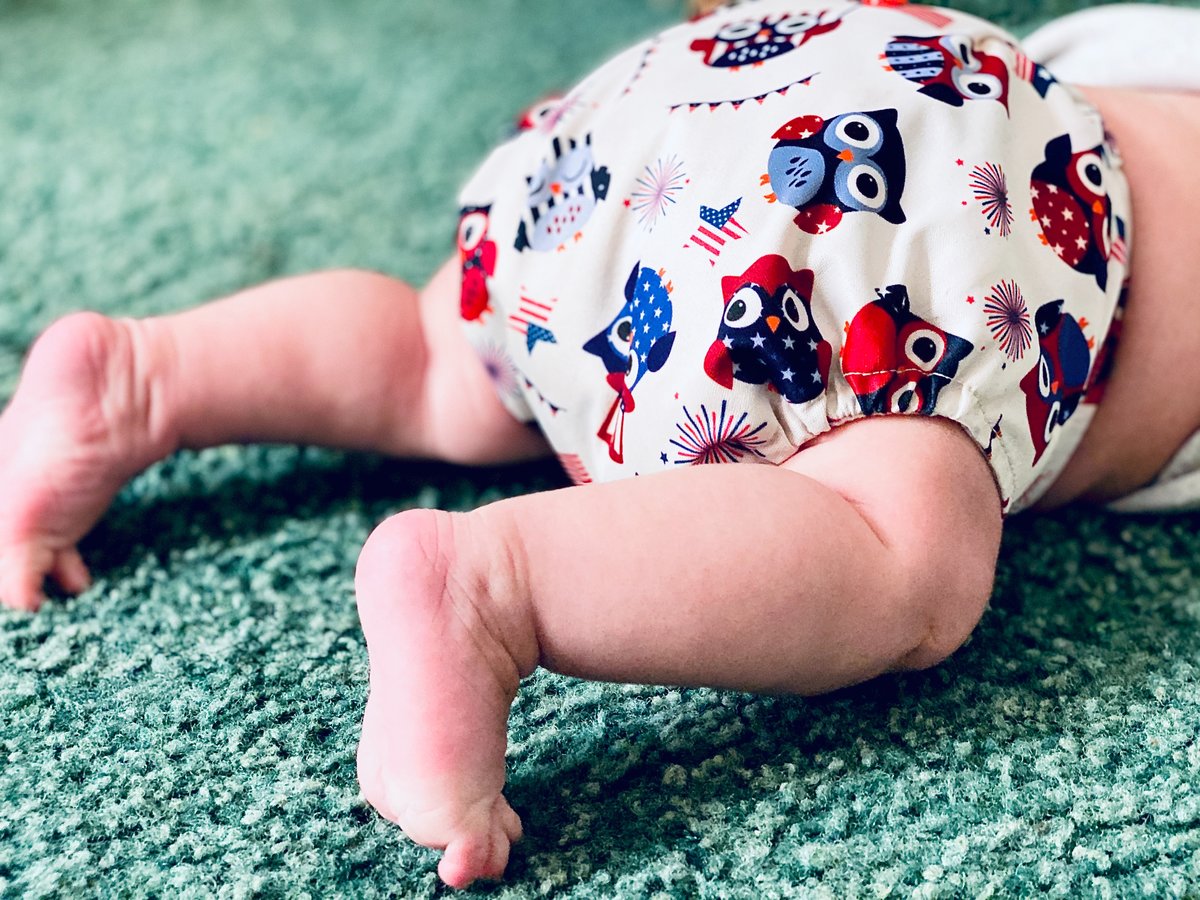

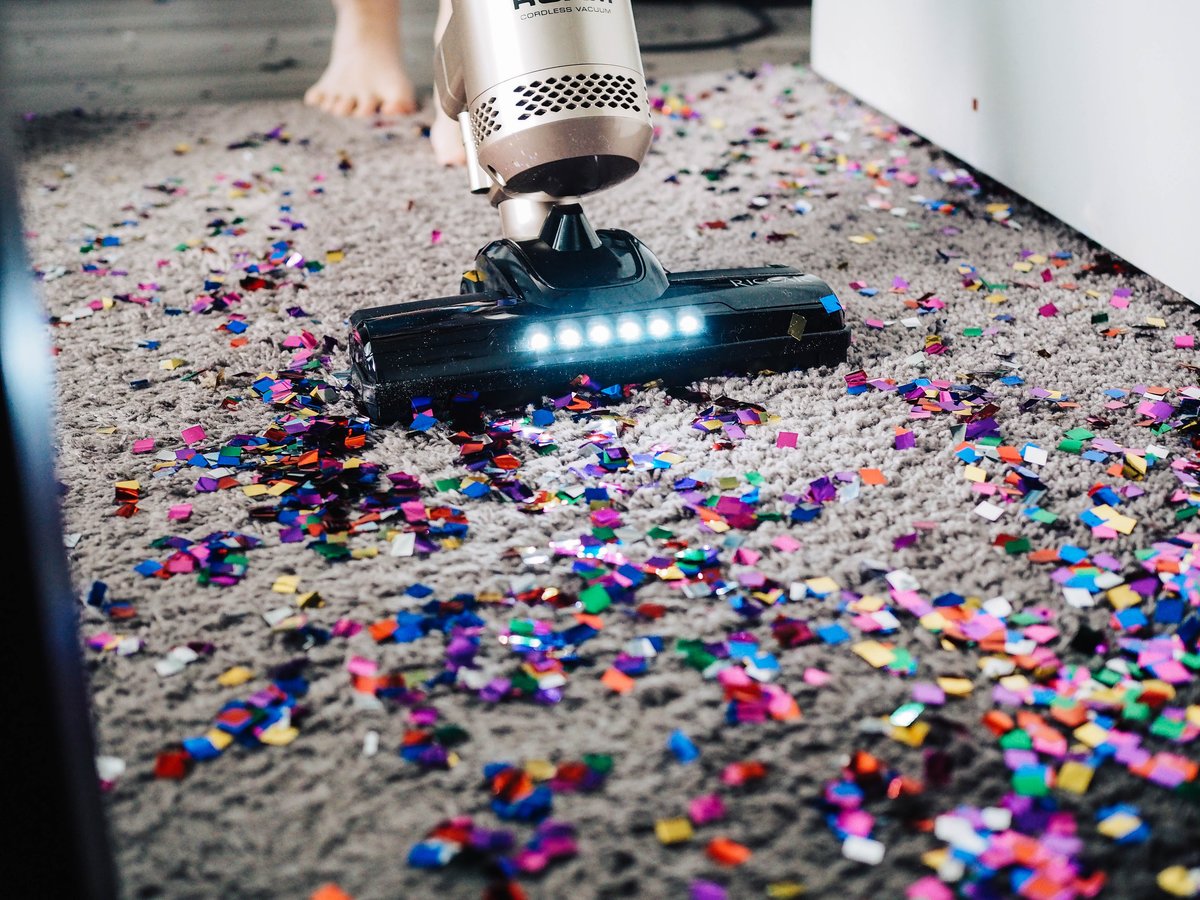
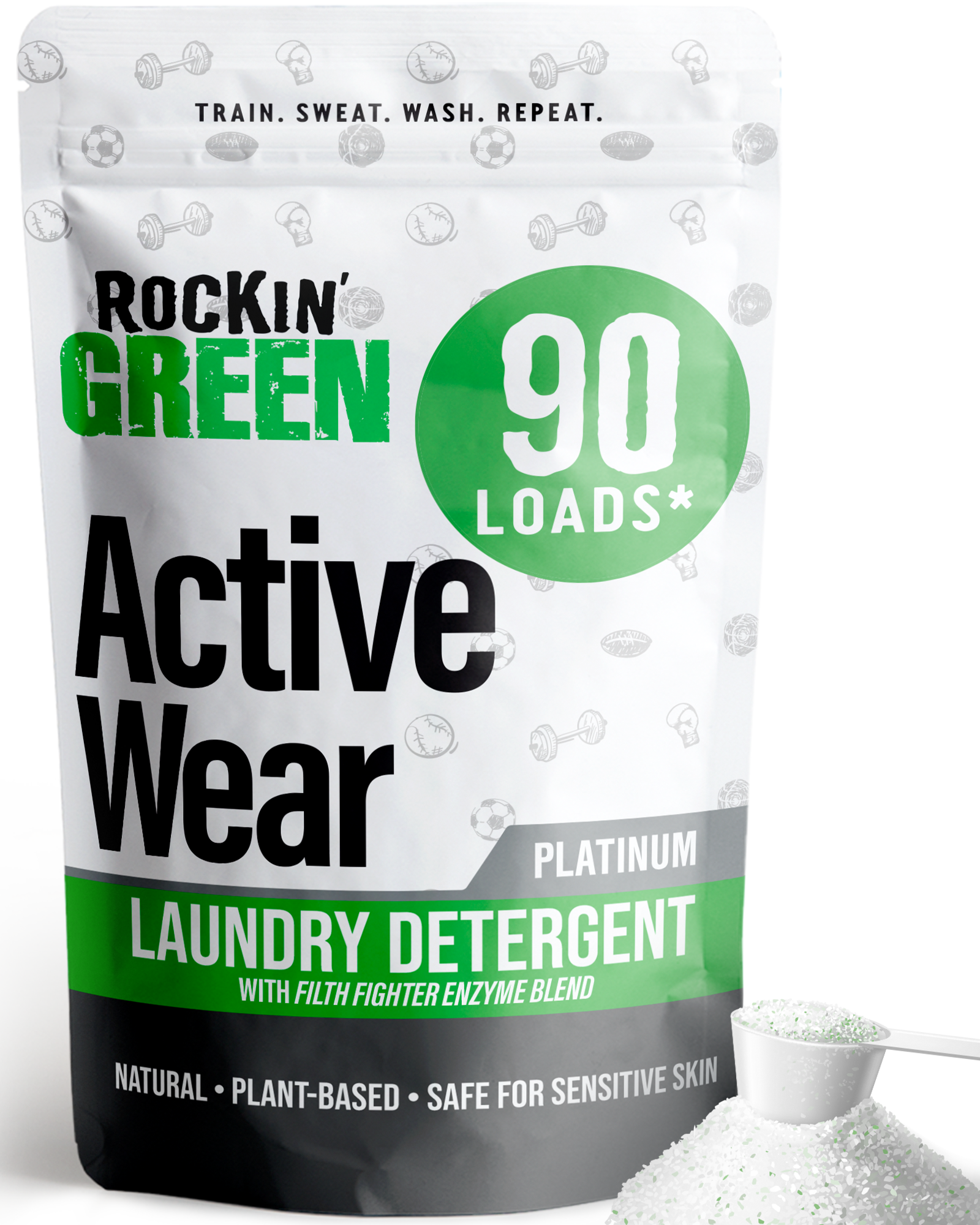
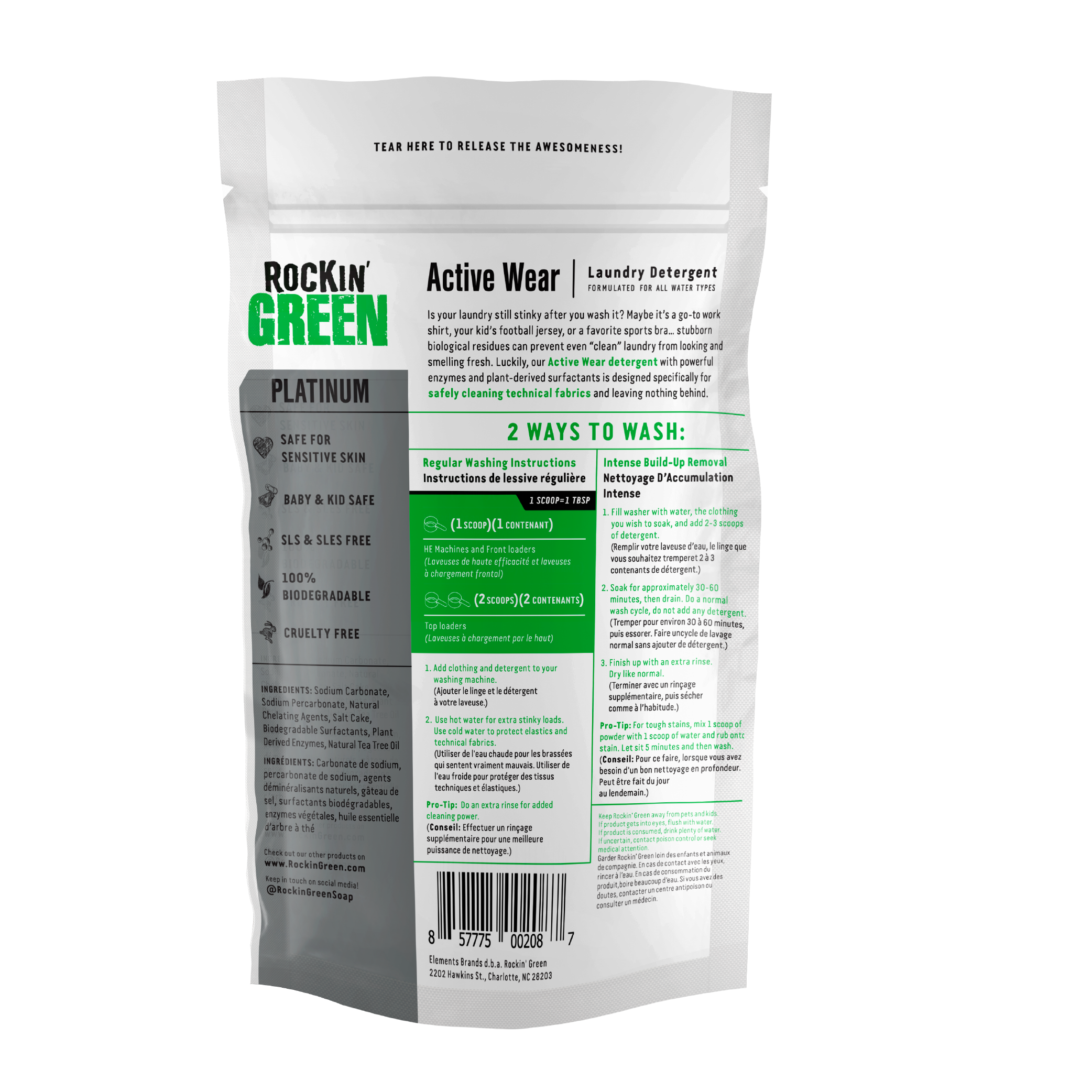
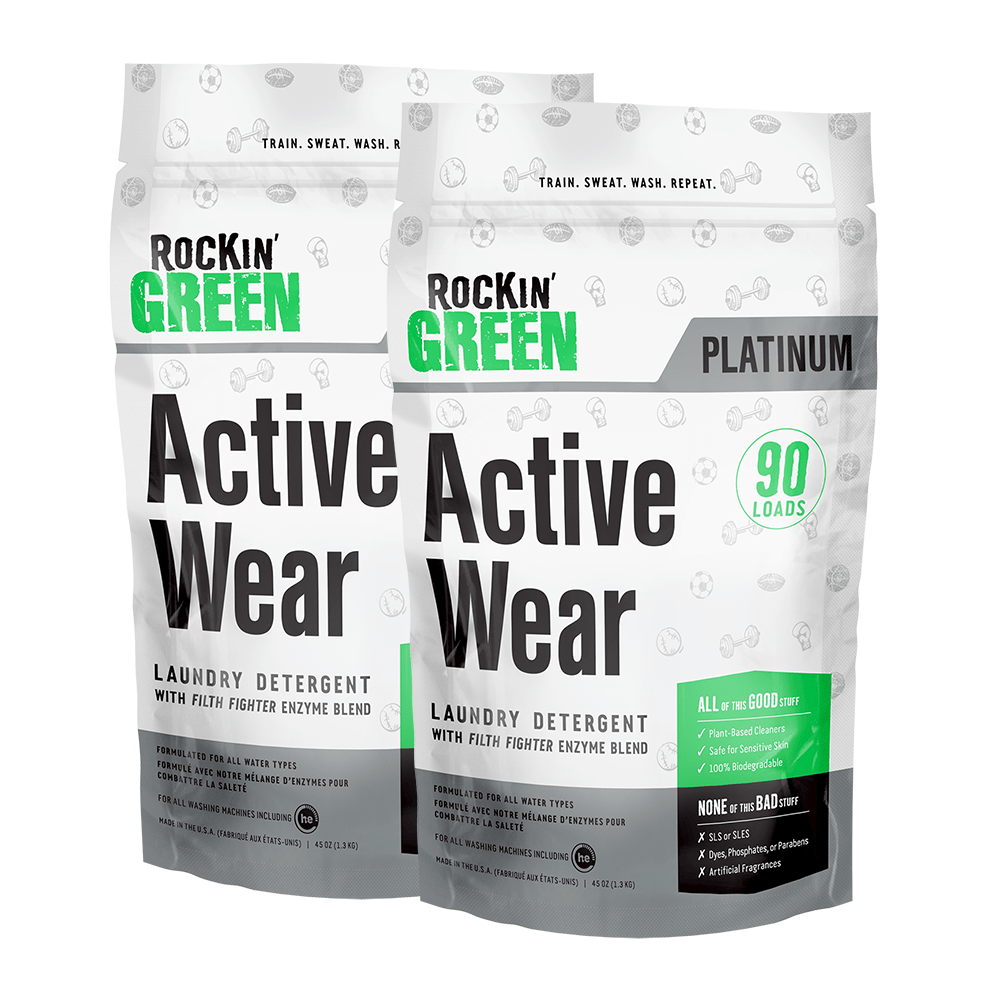
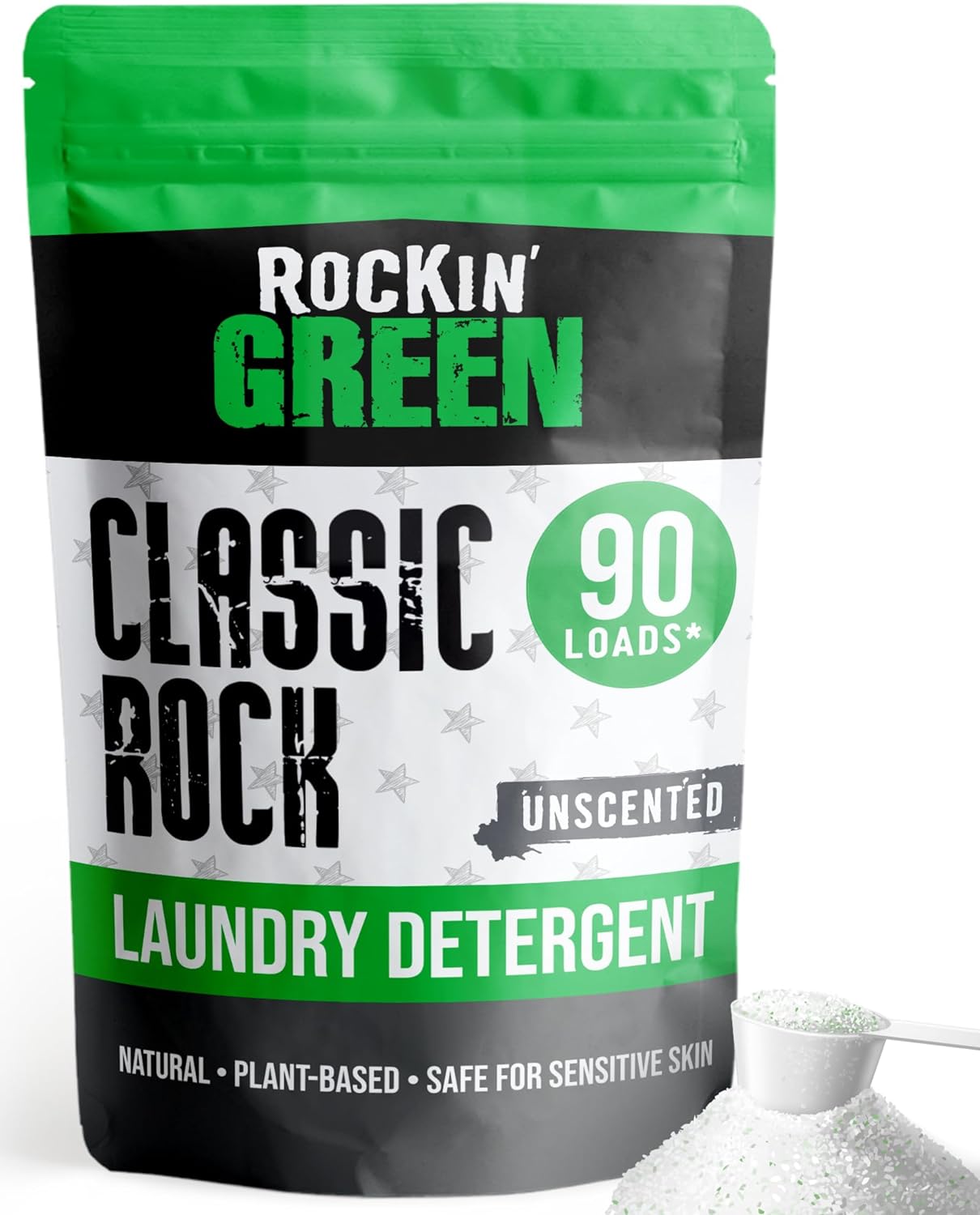
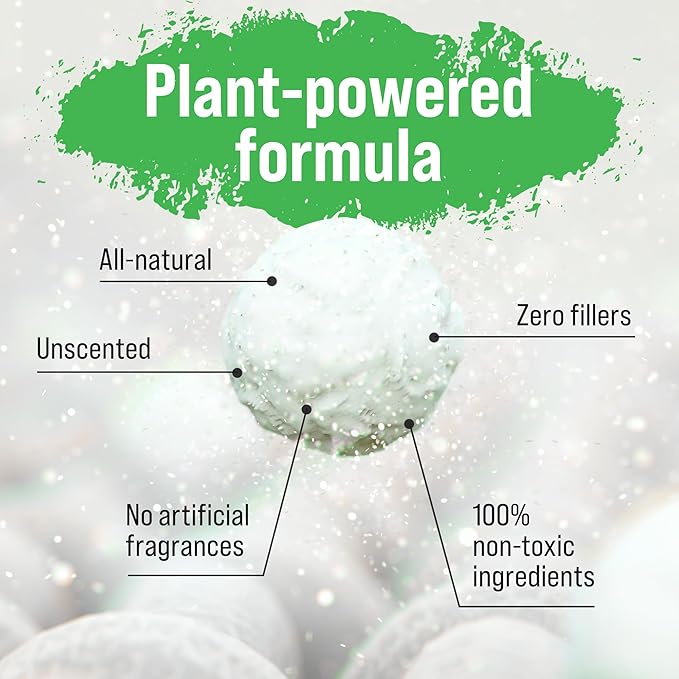
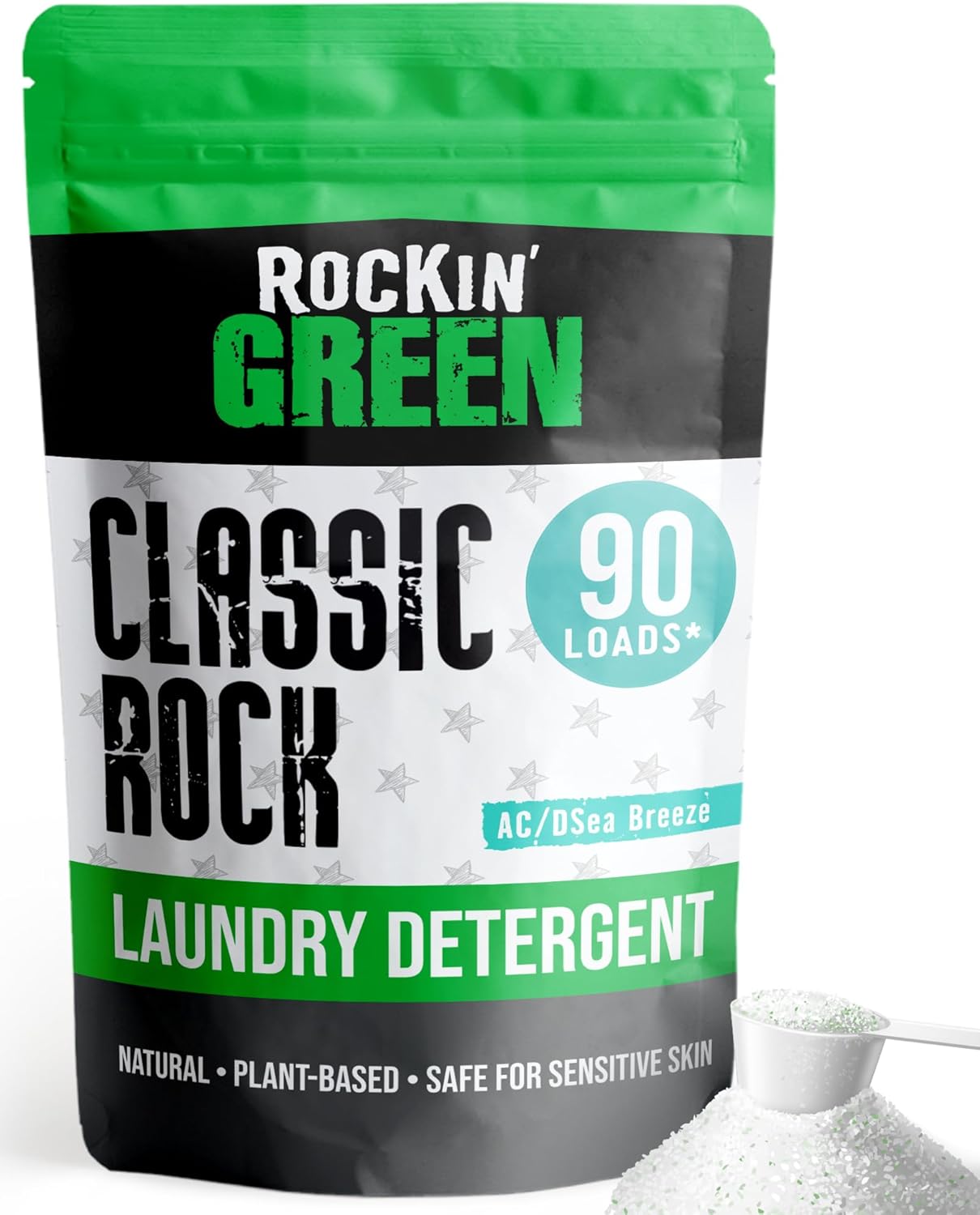
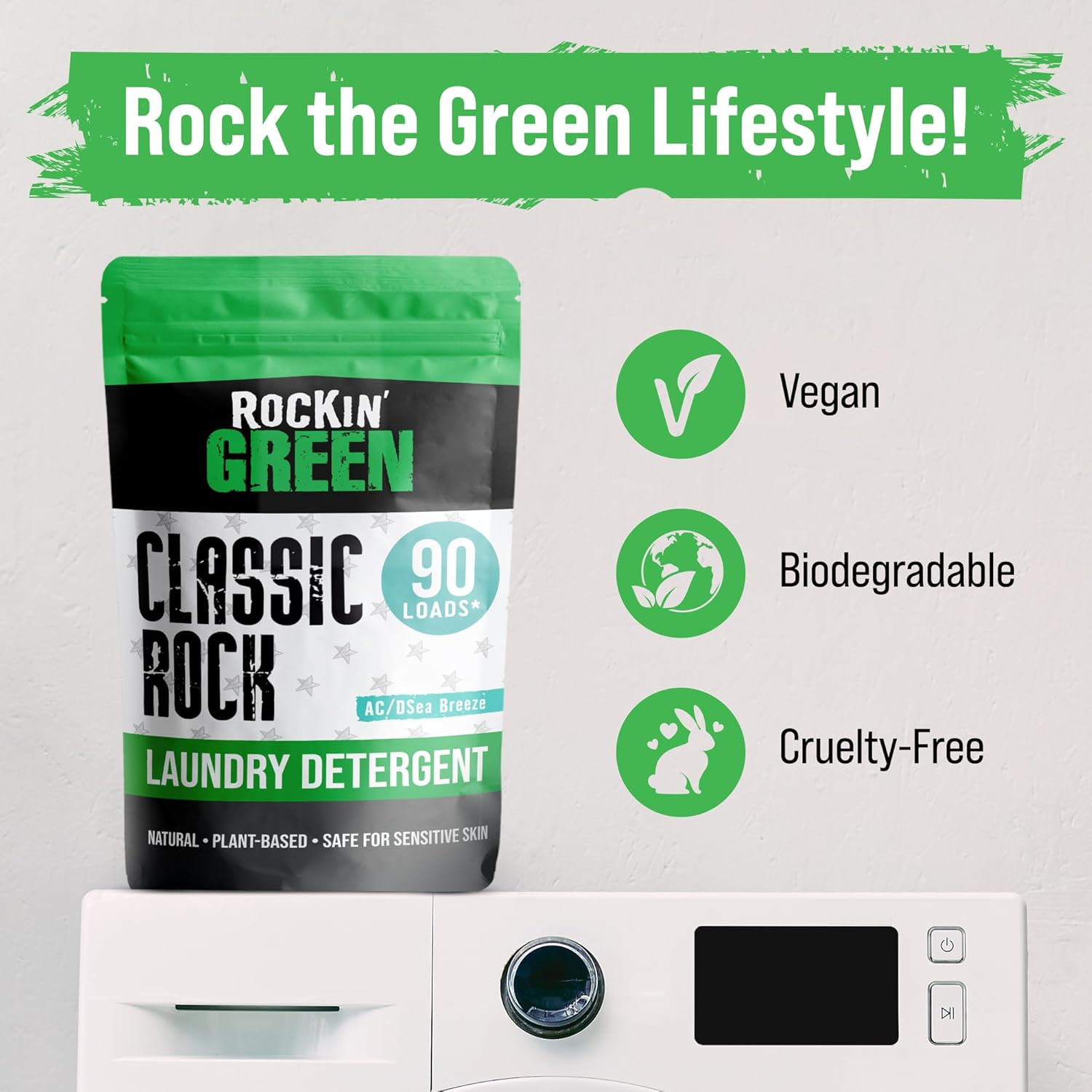
Leave a comment
This site is protected by hCaptcha and the hCaptcha Privacy Policy and Terms of Service apply.